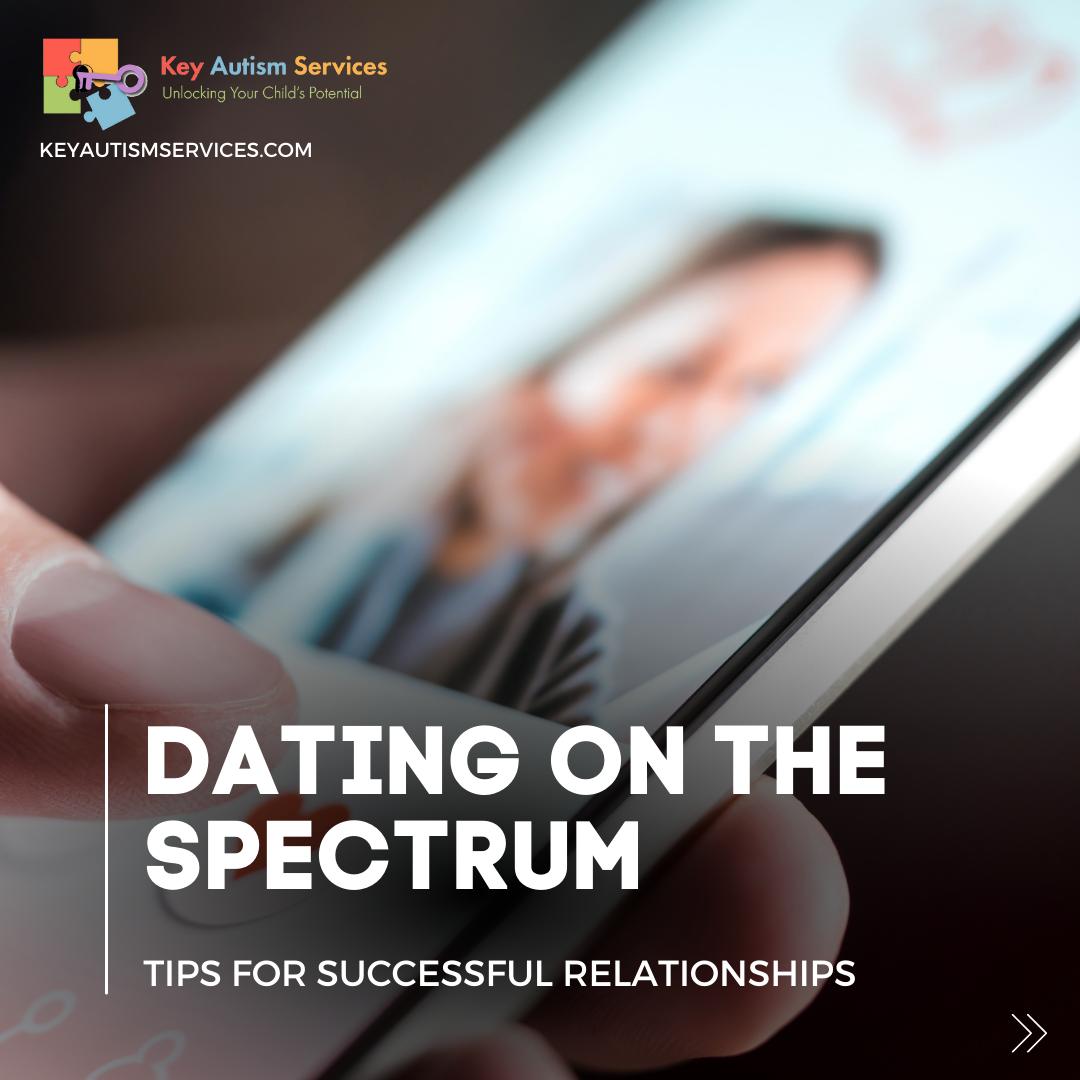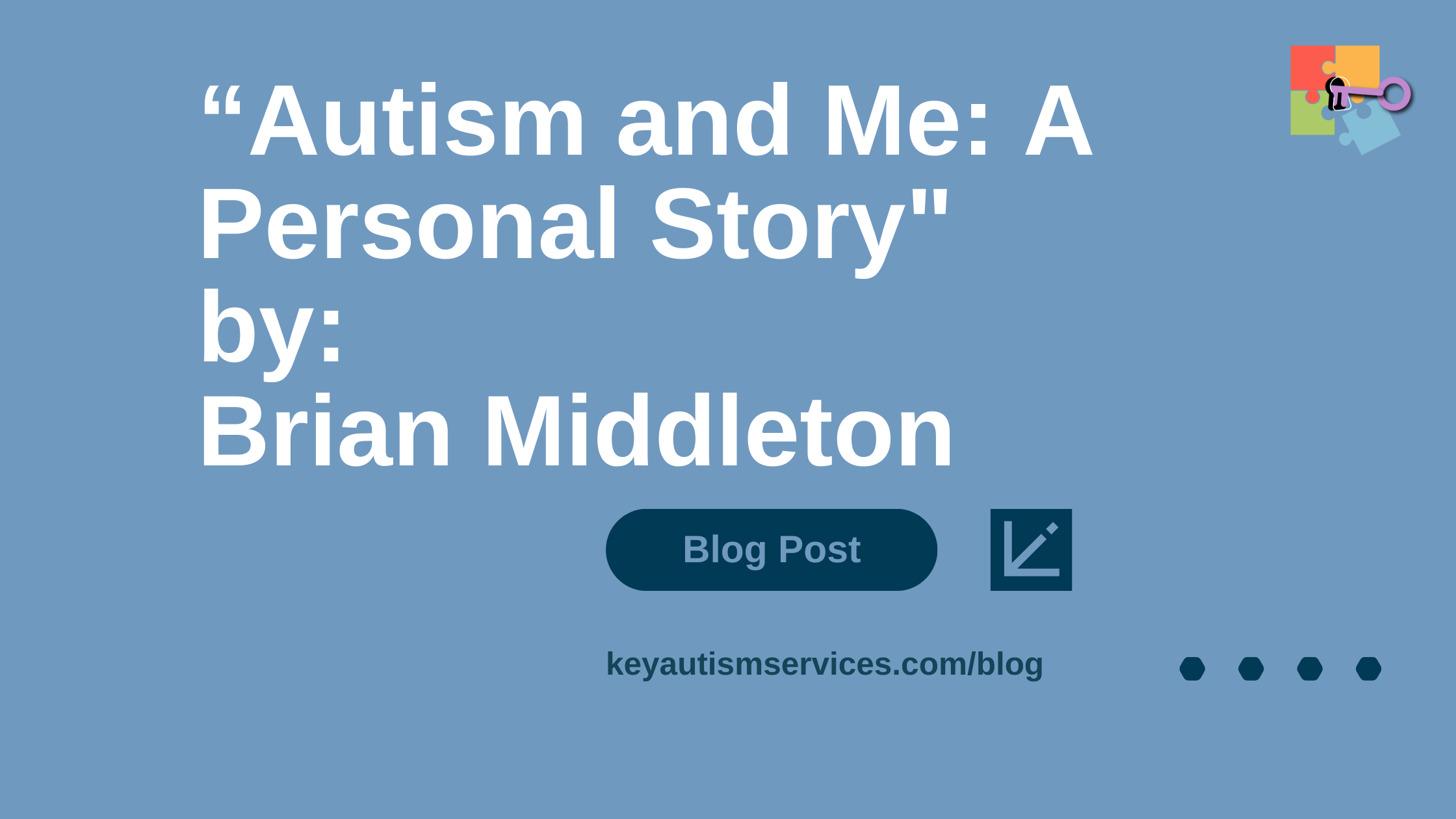Dating can be a fun, exciting yet unnerving experience for any individual. What makes it even more difficult for those with autism is that it requires a good number of essential social skills to make the interactions and relationships successful. With Autism, the crucial domains that are impacted are communication and social skills, which then invariably affect the behavioral domain.
Knowledge gives us power so when we correctly identify the deficits that we have, we can work on goals that address those deficits while improving our strengths. Individuals with Autism crave love and intimacy but are often unsure and insecure about how to proceed with those feelings and find companionship. There have been reality shows such as “Love on the Spectrum” an Australian show that walks one through the experiences of 7 young autistic adults as they seek love. It is significant and eye-opening to see what these individuals go through.
Professionals such as ABA therapists who work with individuals with autism may have a better understanding of these needs so their recommendations for guiding those with Autism who seek love and companionship should be taken by the caregiver or the individual with Autism themselves. These therapists will support them in working with their unique skill sets and help them overcome their apprehensions, set realistic goals, and get them ready to begin dating.
As the dating journey is considered, one of the first steps is to confirm that the autistic individuals themselves want to learn strategies that will help them become ready for dating. Once this ascent for intervention is obtained, a plan can be developed on the customized steps that will need to be worked on.
Teaching and preparing autistic individuals who are ready to begin dating includes but is not limited to the following strategies: interviews with the individual and caregivers, providing scripts to rehearse, engaging in role plays, practicing with a few people to proactively prepare for generalization of skills, providing constructive and supportive feedback to increase fluency and self-esteem and practicing again to increase confidence. Guidance during real-life situations is also an important phase that should gradually fade out. It is important to remember that based on the individual’s needs, the goals developed may need to be further broken down into smaller goals to help them be more attainable while reducing anxiety and stress levels that may arise during the learning process.
What an autistic individual needs to know about themselves and what they will need to do to begin the dating process:
- The individual will need to understand their likes and dislikes so that they can prepare to have conversations about them without seeming to be overbearing or judgmental.
- They need to identify situations and triggers that cause frustration so that they can learn how to be more tolerant of those challenging situations and how to calmly cope with their feelings and emotions. They could do this by engaging in role-playing and desensitization activities with their coaches to help themselves.
- They will need to understand that others can have different preferences and perspectives. This can be done by discussing and planning differences that people have.
- Learning about one’s body language and how to control emotions in front of others is a very important lesson that every individual needs, especially those on the spectrum. Some intense training to engage in some subtle coping strategies during any stress-inducing situations will be supportive and beneficial.
- It is essential to learn how to notice social cues that the person one is interested in is putting out there. This can be taught by practicing different social cues that are common and preparing for the uncommon ones as well.
- Autistic individuals may have specific topics that may seem important to them but intense to others, and hence they will not only need to know how to talk about other topics but also listen to other conversations without getting annoyed or frustrated.
- An autistic individual may be rigid about routines and may get upset or frustrated if changes are made or if their routines are interrupted. They must be ready to face those unforeseen changes that may arise once they begin relationships with others and handle themselves gracefully.
- They may have sensitivities to certain things such as wearing clothing that has tags, sitting outside in the sun, or being unable to handle loud music or noises, etc. They need to know how to advocate for themselves appropriately allowing others to listen to them and not expecting everyone to have those same sensitivities.
- Tolerance for physical touch or displays of affection may be another area of anxiety for individuals with autism and hence teaching the person to advocate for themselves when unable to show this kind of intimacy may be necessary. Gradually allowing for intimacy may also be an area to work on.
- Equally important for an individual with autism is knowing when to back off when a person says “no” or asks for some space. Learning not to be offended and demonstrating caring and understanding is needed.
Here are some of the essential points one needs to understand about an individual with autism and accept them unconditionally as a romantic partner:
- Teaching other people and creating awareness about an autistic individual’s body language and verbal language is an equally important part of the dating process. This will reduce anxiety for all while increasing empathy.
- Understanding when to provide personal space and giving them a heads-up on any physical displays of affection may be needed. Seeking permission to hold hands, hug, or anything more may be a regular habit that will need to be formed.
- Preparing for an outing or potential situation ahead of time will need to occur to allow for acceptance and tolerance.
- Surprises may be limited to gift giving or based on the permission obtained to hold the surprise.
- Changes in routines may need to be limited or proactively decided.
- Frank conversations about what cues need to be paid attention to when together may ease the tension and allow for some humorous discussions in the present and future.
- Seek guidance from your autistic partner’s ABA therapist to learn how to embrace differences and overcome challenges you may be experiencing to improve your relationship with them.
Reiterating and accepting the fact that some mannerisms displayed by an autistic individual are different from what one may have experienced are much needed in our world today. The differences are what make any person unique and very valid. Perceptions and pride start with us. We need to accept differences and diverse populations. People learn differently and show their understanding in different ways. Loving a person on the spectrum may initially seem challenging while learning about them, but the joys can be boundless once the initial learning phase is completed. If the relationship works out, and there have been many that have, then all is well. If they do not work out, just like other relationships, life will go on and new beginnings are bound to happen.
To get additional information and training on how to work with a young adult with autism to begin dating, please contact your Key Autism Services team by clicking HERE. Here’s to a healthy and successful dating experience.






